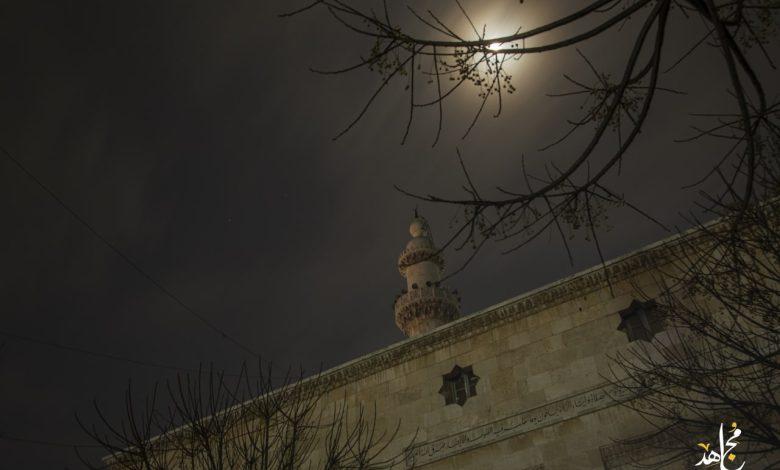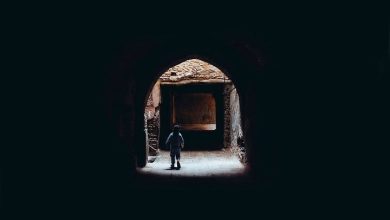Imaam Ibn Qudaamah Al-Maqdisi -rahimahullah said: “Know verily that, commanding good and forbidding evil is a great and important issue in the Sharià. For it is the main reason why Allāh sent down all the Prophets to mankind.”

_Imaam Ibn Qudaamah Al-Maqdisi -rahimahullaah-_
Said:
*COMMANDING GOOD AND FORBIDDING EVIL.*
Know verily that, commanding good and forbidding evil is a great and important issue in the sharià. For it is the main reason why Allāh, The Almighty Sent down all the prophets to mankind. However, if it happens that in a society there are no people who command good and forbid evil, definitely, there will be much fitna and corruption on the land.
In this regard, Allāh says:
_”ظَهَرَ الْفَسَادُ فِي الْبَرِّ وَالْبَحْرِ بِمَا كَسَبَتْ أَيْدِي النَّاسِ لِيُذِيقَهُم بَعْضَ الَّذِي عَمِلُوا لَعَلَّهُمْ يَرْجِعُونَ.”_
_”Corruption has appeared in the land and the sea on account of what the hands of men have wrought, that He may make them taste a part of that which they have done, so that they may return.”_
*Suratu Ar-rūm, Verse 41.*
In another verse, Allāh Has encouraged calling to good and forbidding wrong.
In this context, Allāh says:
_”ولتكن منكم أمة يدعون إلى الخير ويأمرون بالمعروف وينهون عن المنكر وأولئك هم المفلحون”_
_”And there should be amongst you a party who invite to good and enjoin what is right and forbid the wrong, and these are the successful ones.”_
*Suratu Al-Ímrān, Verse 104.*
This verse shows that calling to good and forbidding evil is *Fardu kifāyah* not *Fardu Íyn*, for Allāh says “There should be amongst you a party…” And Allāh did not say that: All of you should be people who invite to good and forbid evil.
Thus, if some reasonable number of people are able to call to good and forbid wrong, the responsibility is lifted from others. However, Allāh classified those people who carryout this act as the successful ones.
And in the Glorious Qur’an, there are many verses that encourages commanding good and forbidding evil.
In an authentic Hadith, from Númān Ibn Bashír radiyallāhu anhu who said: I heard the Messenger of Allāh sallallāhu àlayhi wasallam said:
_”مثل القائم على حدود الله والواقع فيها والمداهن فيها، مثل قوم ركبوا سفينة فأصاب بعضهم أسفلها وأوعرها وشرها، وأصاب بعضهم أعلاها، فكان الذين في أسفلها إذا استقوا الماء مروا على من فوقهم فآذوهم، فقالوا: لو خرقنا في نصيبنا خرقا فاستقينا منه ولم نؤذ من فوقنا، فإن تركوهم وأمرهم هلكوا جميعا، وإن أخذوا على أيديهم نجوا جميعا.”_
_”The similitude of the person abiding by the limit of Allāh in comparison to those who fall and violate them is like the similitude of those people who ride in the ship(and draw lots for their seats in the ship). Some of them got seats in the lower part, and the others in the upper part. When those people in the lower part needed water, they had to go up to those people above them (and that troubled the others), so they said, ‘let us make a hole in our share of the ship so that we can drink from it and we won’t trouble those above us. So, if the people in the upper part leave the others do what they had suggested, all the people of the ship would be destroyed, but if they prevent them, both parties would be safe.”_
Transmitted and Recorded by Imām Al Bukhārī in his ‘Sahih’#2493.
*15th Safar, 1438H.*
Allāhu A’alam! Bārakallāhu fīkum!






